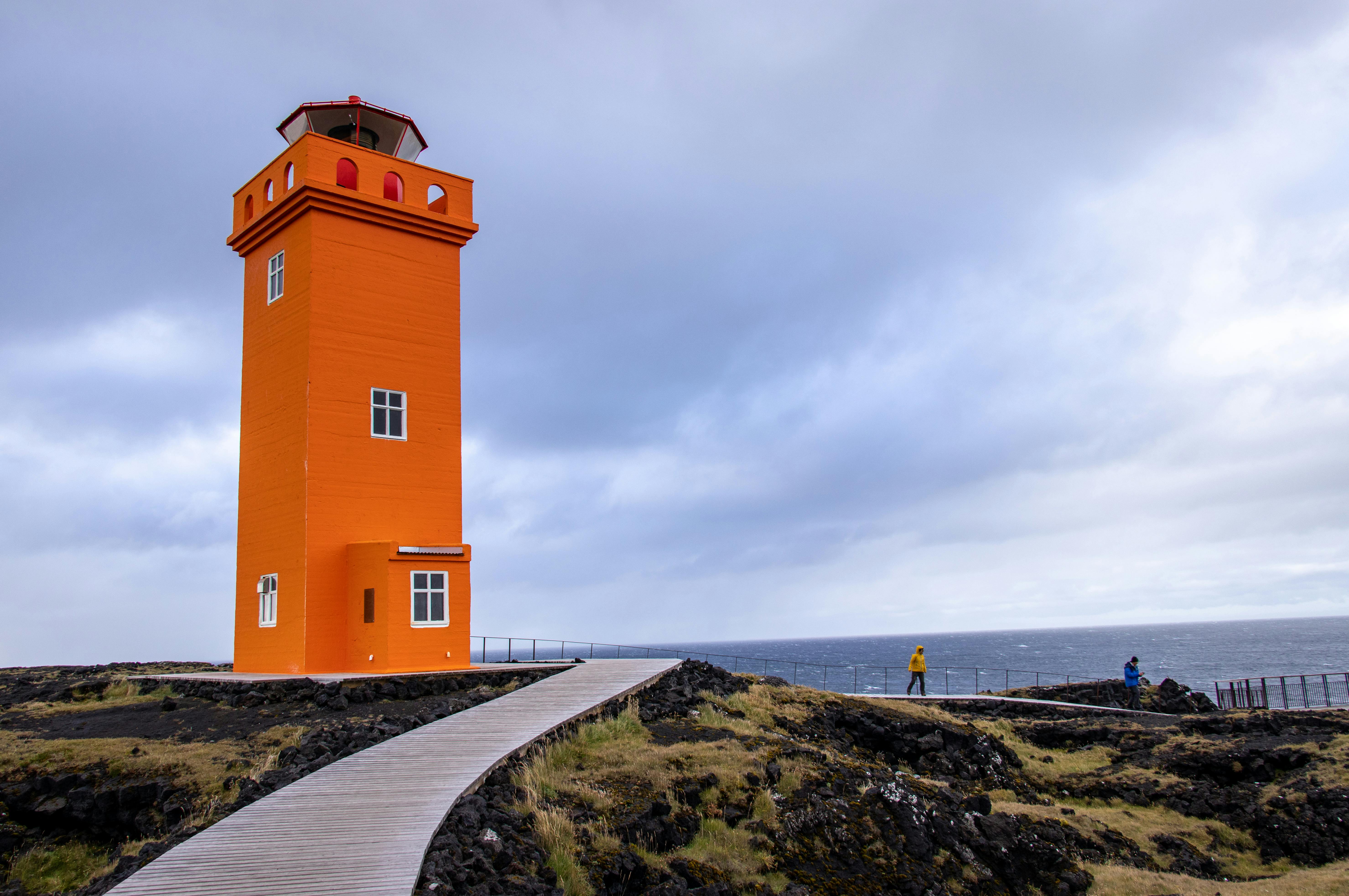Every nation, in its unique way, marks significant moments in its history and culture through national holidays. These aren’t just days off from work; they are vibrant expressions of collective identity, shared values, and historical memory. From solemn commemorations to exuberant street parties, national holidays offer a fascinating window into the soul of a country.
This guide will take you on a journey through some of the world’s most iconic national celebrations, exploring their origins, traditions, and the unique ways people participate. You’ll discover how to immerse yourself in these festivities, gaining a deeper appreciation for global cultures and perhaps inspiring your next travel adventure. We’ll cover the significance of these days, highlight specific examples, and provide practical tips for experiencing them firsthand.
The Enduring Significance of National Holidays
National holidays serve as crucial pillars in a nation’s social and cultural fabric. They are designated days for remembrance, celebration, and reflection, often rooted in pivotal historical events or deeply ingrained cultural practices. These collective observances foster a sense of unity and continuity among citizens.
Historical Roots and Cultural Identity
Many national holidays commemorate foundational moments, such as independence from colonial rule, the adoption of a constitution, or significant victories. For instance, the Fourth of July in the United States marks the adoption of the Declaration of Independence in 1776, symbolizing the birth of the nation. Similarly, Bastille Day in France celebrates the storming of the Bastille in 1789, a pivotal event in the French Revolution. These holidays reinforce national narratives and shared heritage.
Did you know? While many countries have a single Independence Day, some nations celebrate multiple national days reflecting different aspects of their history or governance. For example, India celebrates Republic Day (January 26th), Independence Day (August 15th), and Gandhi Jayanti (October 2nd).
Iconic Celebrations Around the World
Experiencing a national holiday abroad offers an unparalleled glimpse into local life. Here are a few examples of how different countries celebrate their most significant days.
American Patriotism: The Fourth of July
In the United States, Independence Day on July 4th is a vibrant display of national pride. Families and communities gather for barbecues, picnics, and parades. The day culminates in spectacular fireworks displays across the country, often synchronized to patriotic music.
- Parades: Many towns and cities host parades featuring marching bands, floats, and local organizations.
- Barbecues: Backyard cookouts with friends and family are a quintessential part of the celebration.
- Fireworks: Evening fireworks shows are the highlight, drawing large crowds to public parks and waterfronts.

For more on the historical significance of this day, you can explore the Declaration of Independence transcript from the U.S. National Archives.
French Revolution Commemoration: Bastille Day
France celebrates its national day, La Fête Nationale, on July 14th, commemorating the storming of the Bastille prison in 1789. This event marked a turning point in the French Revolution.
The day is observed with a grand military parade on the Champs-Élysées in Paris, attended by the President of France. Throughout the country, firemen’s balls (bals des pompiers) are held on the evening of July 13th, followed by fireworks displays on the 14th.
India’s Constitutional Pride: Republic Day
India’s Republic Day, celebrated on January 26th, marks the date in 1950 when the Constitution of India came into effect. The main celebration takes place in New Delhi, with a spectacular parade showcasing India’s cultural diversity and military might.

The parade features regiments of the Indian Army, Navy, and Air Force, along with vibrant tableaux from various states, depicting their unique cultures. It’s a display of national unity and pride.
Unique Traditions and Local Customs
Beyond the well-known celebrations, many countries have distinct ways of observing their national holidays, reflecting their unique cultural nuances.
Japan’s Golden Week: A Travel Phenomenon
In Japan, Golden Week is not a single holiday but a cluster of four national holidays within seven days, typically from late April to early May. These include Showa Day (April 29th), Constitution Memorial Day (May 3rd), Greenery Day (May 4th), and Children’s Day (May 5th).
This period is one of Japan’s busiest travel seasons, as many Japanese take advantage of the consecutive days off to travel domestically or internationally. It’s a time for family gatherings and enjoying the spring weather.
Mexico’s Vibrant Día de Muertos
While not a traditional “national day” in the sense of independence, Día de Muertos (Day of the Dead) on November 1st and 2nd is a deeply significant and widely celebrated public holiday in Mexico. It’s a vibrant and colorful celebration where families honor and remember deceased loved ones.
Families build elaborate altars (ofrendas) adorned with marigolds, candles, favorite foods of the deceased, and sugar skulls (calaveras). Parades, music, and festive gatherings are common, emphasizing life and remembrance rather than mourning.

Planning Your Holiday Travel
If you’re considering traveling to experience a national holiday, a little planning goes a long way.
Best Times to Visit for Celebrations
To fully immerse yourself, aim to arrive a few days before the main holiday. This allows you to settle in, explore the local area, and witness the build-up to the festivities. Be aware that accommodation and transportation can be significantly more expensive and booked up during these peak times.
Etiquette and Participation Tips
Respecting local customs is paramount. Observe how locals participate and follow their lead.
- Dress Appropriately: Some celebrations might have specific dress codes, especially for religious or formal events.
- Learn Basic Phrases: A few words in the local language can go a long way in showing respect and engaging with locals.
- Be Patient: Crowds are common, so be prepared for delays and larger numbers of people.
- Support Local: Purchase food and souvenirs from local vendors to contribute to the community.
Economic and Social Impact of Holidays
National holidays are not just cultural events; they also have significant economic and social ramifications.
Boosting Local Economies
The influx of tourists and increased local spending during national holidays can provide a substantial boost to local economies. Businesses, especially in the hospitality, retail, and entertainment sectors, often see a surge in activity. This can lead to temporary job creation and increased revenue for small businesses.
Fostering National Unity
Beyond the economic benefits, national holidays play a crucial role in fostering a sense of national unity and collective identity. They provide opportunities for citizens to come together, reflect on their shared history, and reinforce common values. This collective experience can strengthen social bonds and promote civic engagement.
Holiday Comparison Table
| Country | Holiday Name | Date | Key Celebration Method |
|---|---|---|---|
| United States | Independence Day | July 4th | Fireworks, Parades, BBQs |
| France | Bastille Day | July 14th | Military Parade, Public Dances |
| India | Republic Day | January 26th | Grand Parade in New Delhi |
| Mexico | Día de Muertos | Nov 1st & 2nd | Ofrendas, Parades, Family Gatherings |
Conclusion: Your Passport to Global Festivities
National holidays are more than just dates on a calendar; they are living traditions that encapsulate a nation’s spirit, history, and aspirations. From the explosive joy of American Independence Day to the solemn beauty of Mexico’s Día de Muertos, each celebration offers a unique lens through which to understand global cultures.
We encourage you to step out of your comfort zone and plan your next trip around a national holiday. Research the local customs, embrace the festive atmosphere, and engage with the community. You’ll not only witness history in action but also create unforgettable memories and gain a deeper appreciation for the world’s diverse tapestry.
What national holiday are you most excited to experience, and why? Share your thoughts in the comments below!
Ready to Plan Your Holiday Adventure?
Explore more about international travel and cultural immersion on our blog.
Discover More Global Festivals and Events! (Link to a reputable travel guide on world festivals)
